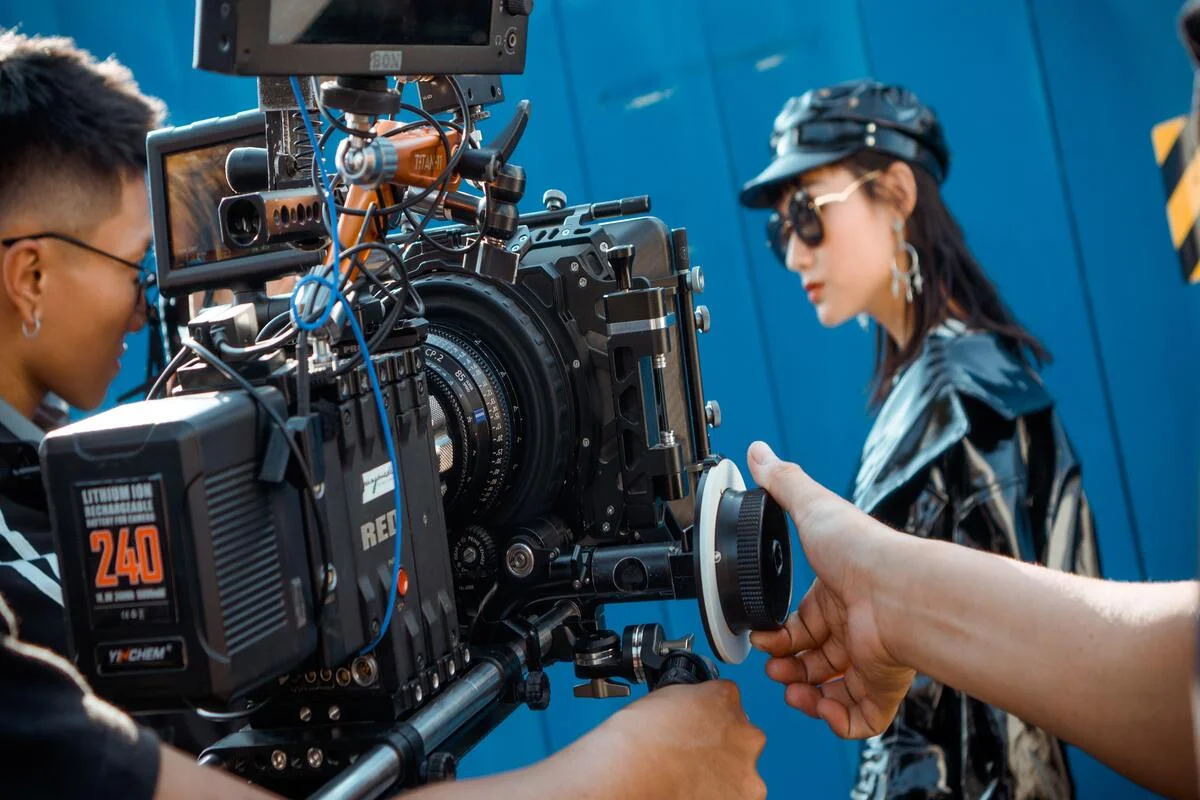How to Kickstart Your Radio Producer Career
Are you passionate about music, storytelling, and broadcasting? Do you have a knack for creating captivating audio content? If so, a career as a radio producer might be the perfect fit for you. Radio producers play a crucial role in the production of radio shows, podcasts, and other audio content. They are responsible for everything from developing ideas and scripts to overseeing the technical aspects of recording and editing. In this article, we will explore the skills, education, and steps you can take to jumpstart your radio producer career.
Develop Strong Communication Skills
As a radio producer, you’ll be working closely with a variety of individuals, including hosts, guests, and other production team members. Strong communication skills are essential for effectively conveying your ideas, coordinating schedules, and ensuring a smooth workflow. Practice active listening, hone your verbal and written communication skills, and learn how to give and receive constructive feedback.
Gain Experience in Broadcasting and Audio Production
To succeed as a radio producer, it’s crucial to have hands-on experience in broadcasting and audio production. Look for opportunities to intern at local radio stations, community media organizations, or college radio stations. These experiences will allow you to learn the ins and outs of the industry, familiarize yourself with industry-standard equipment and software, and build a portfolio of your work.
Pursue a Relevant Degree or Certification
While a formal education is not always required to become a radio producer, having a degree or certification can give you a competitive edge in the job market. Consider pursuing a degree in broadcasting, journalism, communications, or a related field. Several reputable institutions, such as New York University (NYU), offer programs specifically tailored to aspiring radio producers.
Master Audio Editing Software
Proficiency in audio editing software is a must for radio producers. Familiarize yourself with industry-standard software such as Pro Tools, Adobe Audition, or Audacity. Take the time to learn the various features and functions of these tools, as they will be instrumental in editing and enhancing audio recordings.
Build a Strong Network
Networking plays a vital role in any industry, and the radio industry is no exception. Attend industry events, join professional organizations, and connect with fellow radio professionals. Building relationships with individuals already working in the field can open doors to job opportunities, mentorship, and valuable insights.
Create a Portfolio
A well-curated portfolio is essential for showcasing your skills and experience as a radio producer. Include examples of your work, such as audio recordings, podcasts, or radio show segments. Make sure to highlight your ability to tell compelling stories, manage sound elements, and create engaging content.
Stay Updated on Industry Trends
The world of radio is constantly evolving, with new technologies and trends shaping the industry. Stay up-to-date with the latest advancements in radio production, podcasting, and audio storytelling. Subscribe to industry publications, listen to popular podcasts, and follow influential radio producers on social media to stay informed and inspired.
Seek Job Opportunities
Once you have acquired the necessary skills and experience, it’s time to start applying for radio producer positions. Look for job openings at local and national radio stations, podcasting networks, or production companies. Consider starting as an assistant or production intern to gain valuable on-the-job experience and work your way up the ladder.
Continue Learning and Growing
A career in radio production is a continuous learning process. Take advantage of workshops, seminars, and online courses to expand your skill set and stay ahead of the curve. Yellowbrick, for example, offers online courses specifically designed to help individuals kickstart their careers in various creative industries, including radio production.
A career as a radio producer can be both rewarding and exciting for those with a passion for audio storytelling. By developing strong communication skills, gaining hands-on experience, pursuing relevant education, and building a strong network, you can pave the way for a successful radio producer career. Stay updated on industry trends, create a compelling portfolio, and seize job opportunities to further enhance your prospects. Remember, success in this field requires dedication, perseverance, and a genuine love for the art of radio production.
Key Takeaways:
- Develop strong communication skills to effectively collaborate with team members and convey your ideas.
- Gain hands-on experience in broadcasting and audio production through internships and practical opportunities.
- Consider pursuing a relevant degree or certification to enhance your credibility in the job market.
- Master industry-standard audio editing software like Pro Tools, Adobe Audition, or Audacity.
- Build a strong network by attending industry events and connecting with fellow professionals.
- Create a portfolio showcasing your skills and ability to tell compelling stories.
- Stay updated on industry trends and advancements in radio production, podcasting, and audio storytelling.
- Seek job opportunities at local and national radio stations, podcasting networks, or production companies.
- Continue learning and growing through workshops, seminars, and online courses like those offered by Yellowbrick.
To further enhance your skills and knowledge in radio production, consider exploring the online courses and certificate programs offered by NYU | Modern Journalism. These programs can provide you with valuable insights and practical training to excel in your radio producer career.








